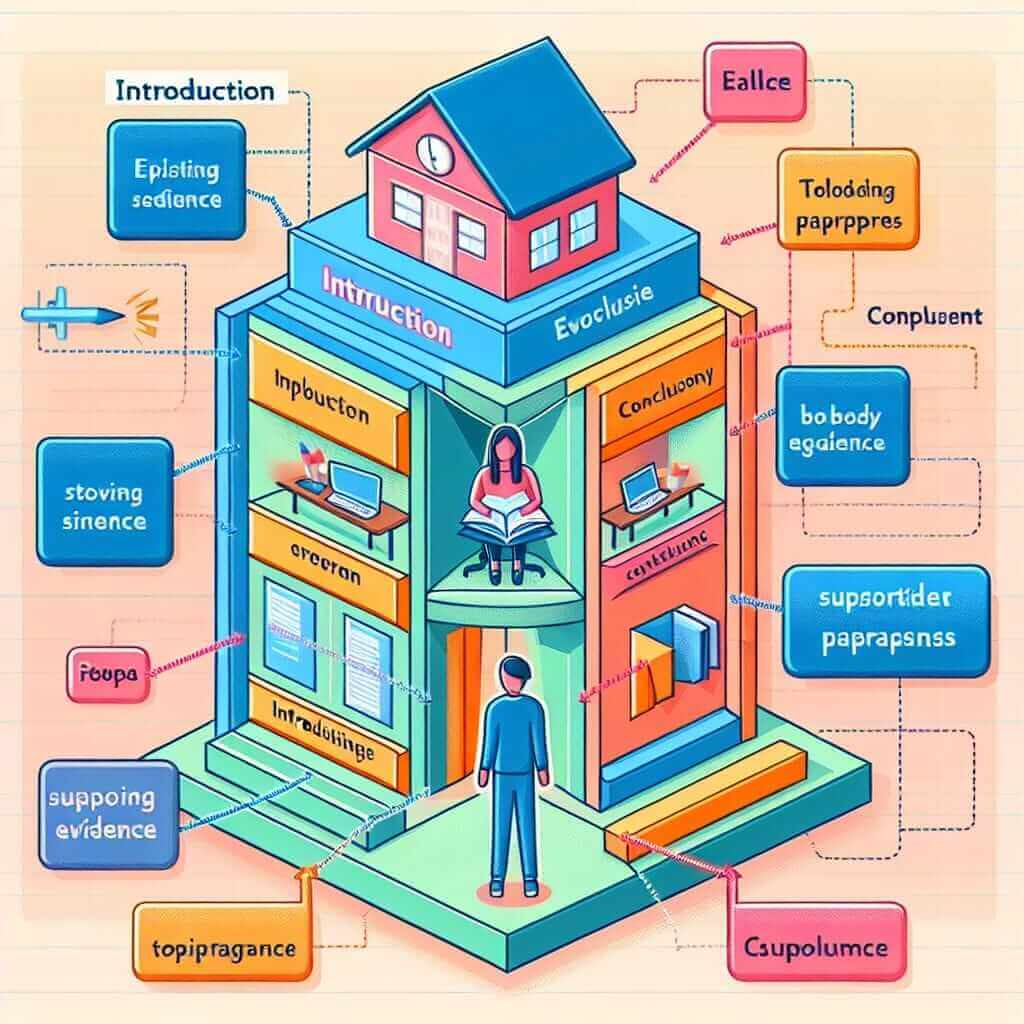The IELTS Academic Writing Task 2 can feel like a daunting hurdle on your path to achieving your desired band score. This comprehensive guide will break down the intricacies of this task, providing you with the knowledge and strategies needed to craft a high-scoring essay.
Understanding IELTS Academic Writing Task 2
This section of the IELTS exam evaluates your ability to present a clear and well-structured argument on a given topic. You’ll be presented with a question requiring you to present your opinion, discuss different viewpoints, or analyze a problem and its solutions.
Common Task 2 Question Types:
- Opinion Essays: These questions ask for your opinion on a topic and require you to support your stance with reasons and examples.
- Discussion Essays: You’ll need to discuss both sides of an issue objectively, presenting arguments for and against the given topic.
- Problem/Solution Essays: These questions present a problem and ask you to analyze it and propose possible solutions.
- Advantages/Disadvantages Essays: You’ll need to discuss the benefits and drawbacks of a particular trend, development, or situation.
Crafting a High-Scoring Task 2 Essay
A well-structured essay is key to achieving a good band score. Here’s a step-by-step approach:
1. Analyze the Question:
- Identify the question type: Understanding what the question asks of you is crucial. Is it an opinion essay, a discussion essay, or something else?
- Underline keywords: This helps you focus on the core theme and ensures you address all aspects of the question.
2. Plan Your Essay:
- Brainstorm ideas: Jot down all relevant ideas that come to mind.
- Create an outline: Organize your thoughts into a clear structure with an introduction, body paragraphs (usually 2-3), and a conclusion.
3. Write an Engaging Introduction:
- Provide background information: Briefly introduce the topic and set the context for your essay.
- State your thesis statement: Clearly state your main argument or the purpose of your essay.
4. Develop Coherent Body Paragraphs:
- Topic sentence: Begin each paragraph with a clear topic sentence that introduces the main idea of that paragraph.
- Supporting evidence: Provide relevant examples, statistics, or experiences to support your claims.
- Use linking words: Ensure a smooth flow between sentences and paragraphs with appropriate transition words and phrases (e.g., however, furthermore, in addition).
5. Write a Conclusive Conclusion:
- Summarize main points: Briefly restate your main arguments in a concise manner.
- Restate your opinion/stance: Reiterate your position on the topic without introducing new information.
- Offer a final thought: Provide a concluding statement that leaves a lasting impression on the reader.

Example from a Real IELTS Exam:
Question: Some people believe that the government should spend money on building theaters and sports stadiums, while others argue that they should invest in essential services such as hospitals and schools. Discuss both views and give your opinion.
Example Introduction: Government spending on public infrastructure is a topic of ongoing debate. While some advocate for prioritizing investments in recreational facilities like theaters and stadiums, others believe that allocating resources to fundamental services such as healthcare and education should take precedence. This essay will explore both perspectives before presenting my own viewpoint.
Tips for Success:
- Manage your time effectively: Allocate time wisely for planning, writing, and proofreading.
- Use a variety of vocabulary: Demonstrate your language proficiency by using a range of vocabulary accurately and appropriately.
- Maintain grammatical accuracy: Pay close attention to grammar rules and avoid common errors.
- Practice regularly: The more you practice, the more confident and fluent you will become in your writing.
Conclusion:
Mastering IELTS Academic Writing Task 2 requires practice, strategic planning, and a clear understanding of the assessment criteria. By following the guidelines outlined in this comprehensive guide and dedicating sufficient time to hone your writing skills, you can approach this section of the IELTS exam with confidence and achieve your desired band score.